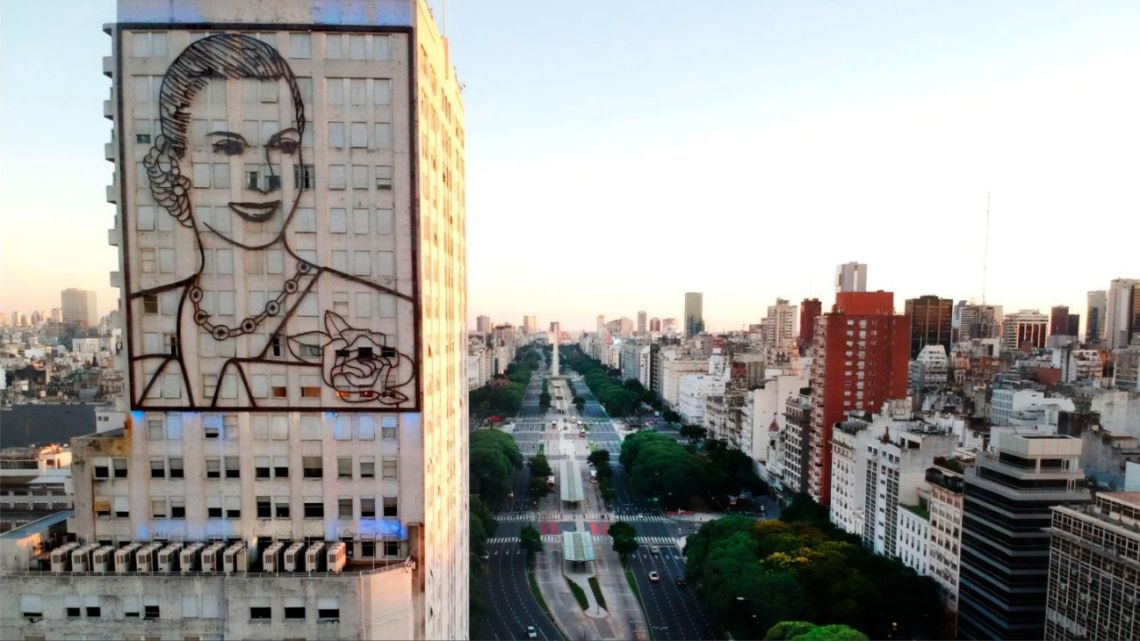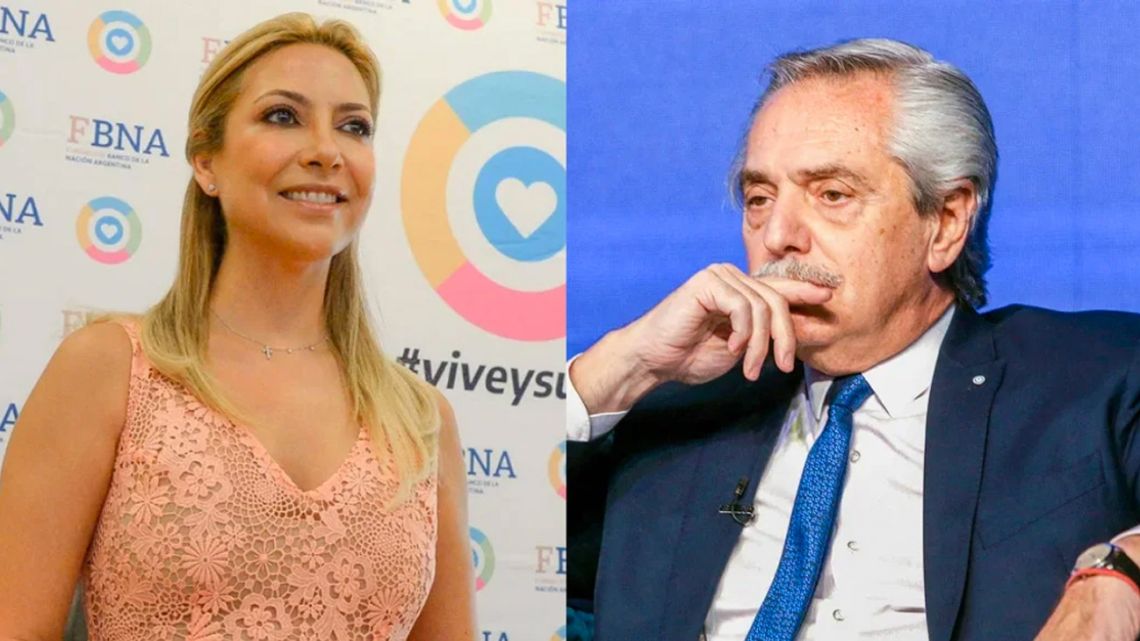(Opinion) The recent G20 summit in Rio de Janeiro revealed a world in flux, with traditional power structures crumbling and new alliances forming. As leaders of the world’s largest economies gathered, the atmosphere was tense and uncertain.
Brazilian President Lula da Silva abruptly ended behind-the-scenes debates on describing conflicts in Ukraine and the Middle East. This move left a bitter taste, especially among the US and its allies.
Shortly after, news broke that Ukraine had launched long-range US missiles at Russia for the first time since Putin’s invasion. The Kremlin reiterated its nuclear threat, shaking markets.
The US later announced it would provide Ukraine with anti-personnel landmines. The summit, meant to showcase global unity, instead highlighted the unraveling international order.
North Korean soldiers are fighting in Europe for the first time. Israel resists US efforts to halt fighting with Hezbollah and Hamas. China regularly conducts military drills around Taiwan.
 G20 in Rio: When the Family Photo Needs a Retake. (Photo Internet reproduction)
G20 in Rio: When the Family Photo Needs a Retake. (Photo Internet reproduction)Nuclear threats have become commonplace. All this occurs before Donald Trump’s potential return to the White House. The sense of global disorder was evident in Rio.
Shifting Dynamics and Emerging Tensions
US President Biden, Canadian PM Trudeau, and Italian PM Meloni missed the traditional “family photo” on day one. Conflicting explanations were given for their absence.
Lula requested a retake of the photo on Tuesday. Biden appeared this time, but the fake backdrop instead of Rio’s iconic Sugarloaf Mountain reinforced the impression of superficial unity.
At a cocktail party on the first night, 79-year-old Lula left early. Many attendees sought selfies with a smiling Biden, who turns 82 on Wednesday.
Neither leader addressed journalists at the summit’s end, suggesting the events in Rio may hold little significance in the coming months.
Trump’s potential return loomed over the meetings. Questions arose about the US’s future role in global affairs under a new administration. Diplomats politely avoided the term “isolationist.”
Leaders from emerging Global South economies appeared most at ease. India’s Modi and China’s Xi chatted comfortably, taking center stage before and after group photos.
With Trump threatening tariffs on both, it seemed like the calm before the storm. The G7 old guard seemed out of step. Biden maintained a light schedule on what is essentially a farewell tour.
Trudeau and Germany’s Scholz appeared to be lame ducks. UK’s Starmer and Japan’s Ishiba are still finding their footing. France’s Macron and Italy’s Meloni, both facing recent electoral setbacks, gravitated towards Javier Milei, a standout presence in Rio.
Milei’s off-camera jabs at the establishment were widely discussed. Meloni exemplified the balancing act many G7 leaders face. When asked about US disengagement, she quickly emphasized the importance of Western unity.
Macron seemed eager to fill the void left by Biden‘s departure. Ukrainian and European officials praised his tougher stance towards Moscow. However, France’s ability to rally allies remains uncertain.
A Turning Point in Global Diplomacy
Scholz resisted sending long-range Taurus missiles to Kyiv in light of the US decision. He faced criticism for a previous phone call with Putin, despite pleading with Lula to allow Ukrainian President Zelensky to join the meeting.
Beneath the surface, cracks are widening. A diplomat noted that Trump’s disdain for much of what Europe stands for is unlikely to change. European nations need to find allies to support multilateral commitments on climate and WTO support.
Rio demonstrated that the West no longer runs the show. Each G20 statement since Russia’s war against Ukraine has been weaker than the last.
Fewer nations want to play by the old rules, let alone defend them. Some diplomats noted that Lula broke several diplomatic conventions by prematurely releasing the G20 communiqué.
This sends a powerful message to future hosts. Some leaders had hoped for stronger language, particularly on Russia’s war in Ukraine.
Lula, who spent time in prison and staged a political comeback rivaling Trump’s, seemed unfazed. While Western diplomats complained about one of the most chaotic summits in memory, Brazil has a different perspective.
The perceived snub to Biden was unintentional, and issues close to Lula’s heart made it into the final declaration. As one seasoned diplomat put it: enjoy the sun, have a cocktail, and “welcome to Latin America.”

 By The Rio Times | Created at 2024-11-20 19:35:09 | Updated at 2024-11-22 03:26:20
1 day ago
By The Rio Times | Created at 2024-11-20 19:35:09 | Updated at 2024-11-22 03:26:20
1 day ago








